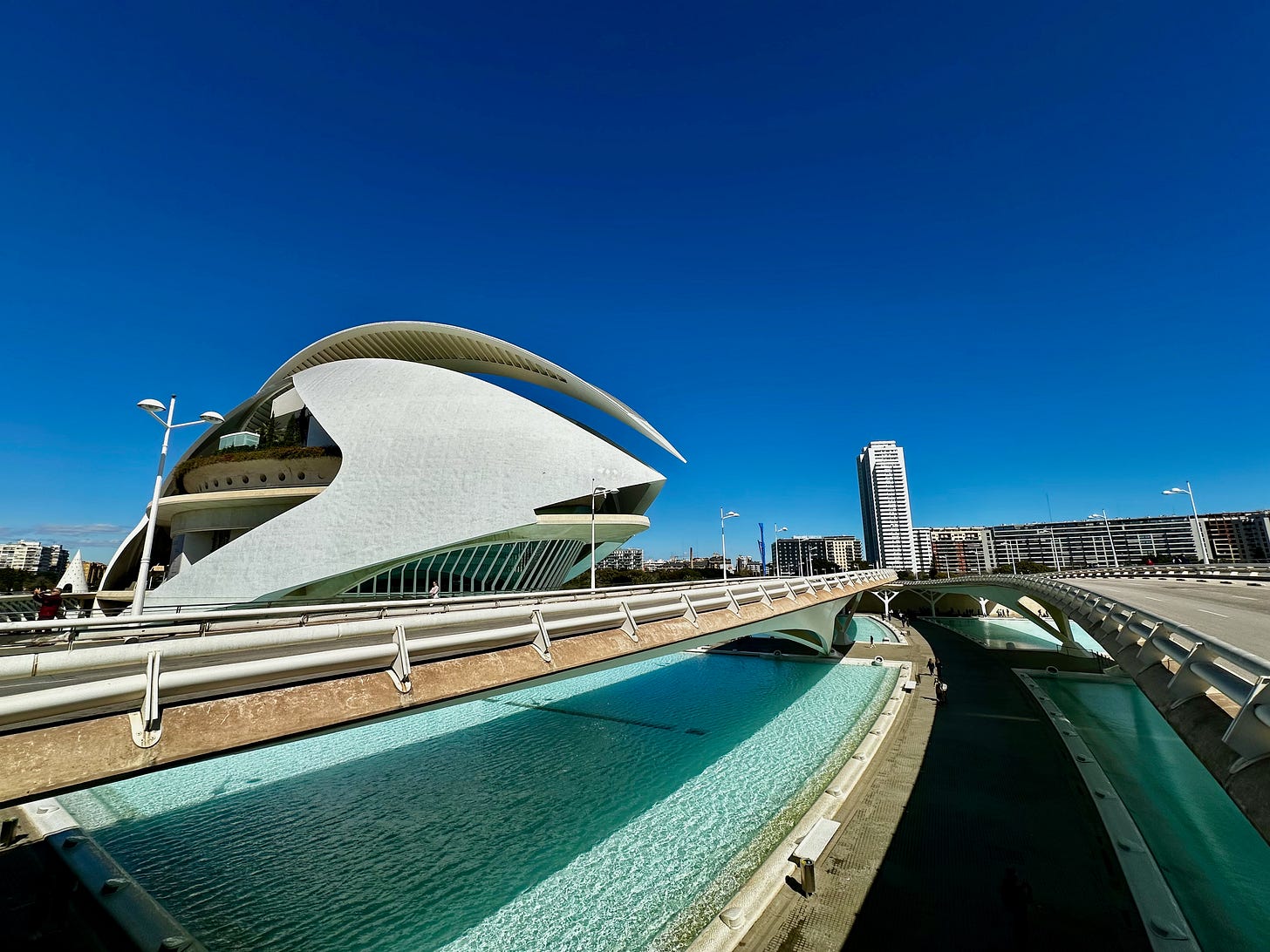Spain News Wire: Electronic Borders, Political Boos, and Storm Chaos
Busy days in Spain marked by the celebration of its National Day, the launch of a major new EU border system, and emergency responses to severe weather across the country.
A day of stark contrasts across Spain, blending national celebration with a major technological rollout and the immediate challenges of severe weather. The country marked its National Day with military parades and political tensions, simultaneously launching a major new electronic border control system. Meanwhile, emergency services were stretched thin …



